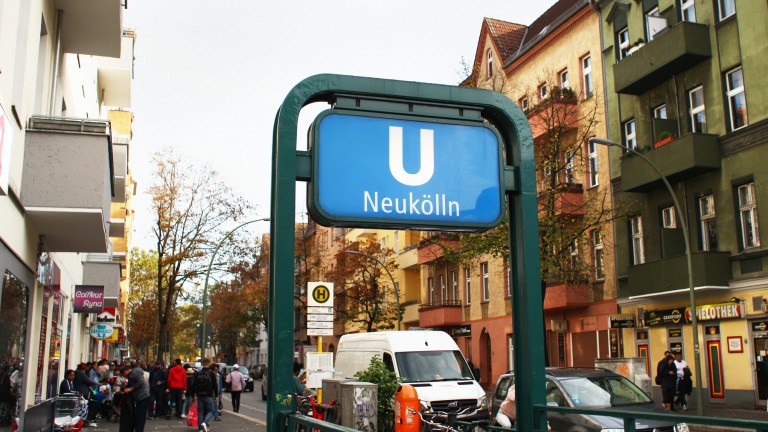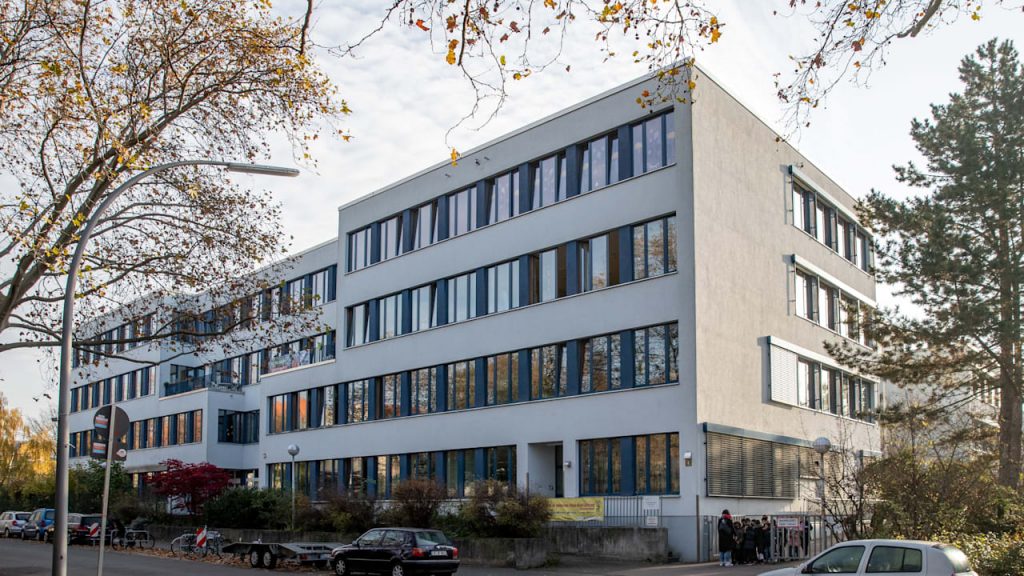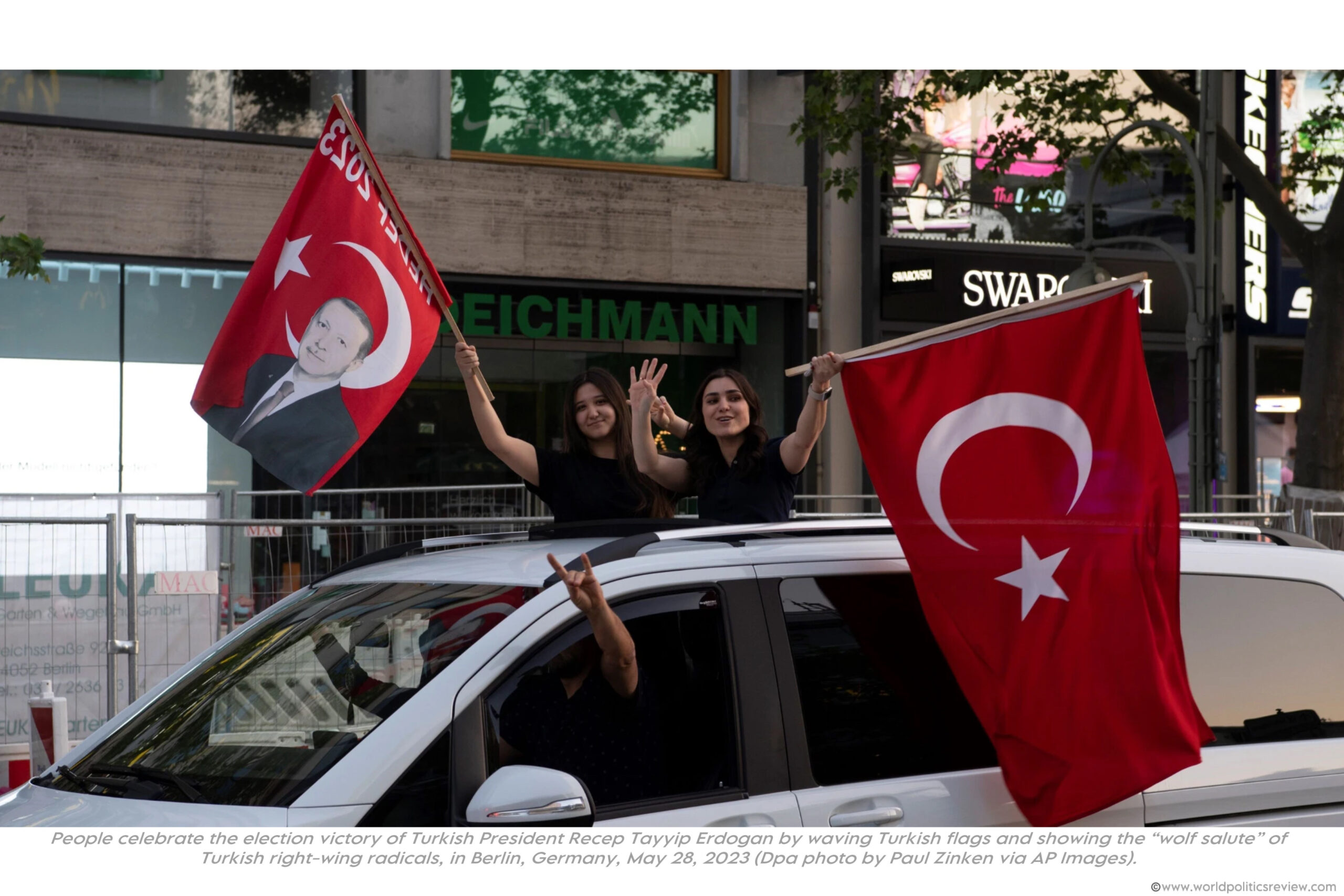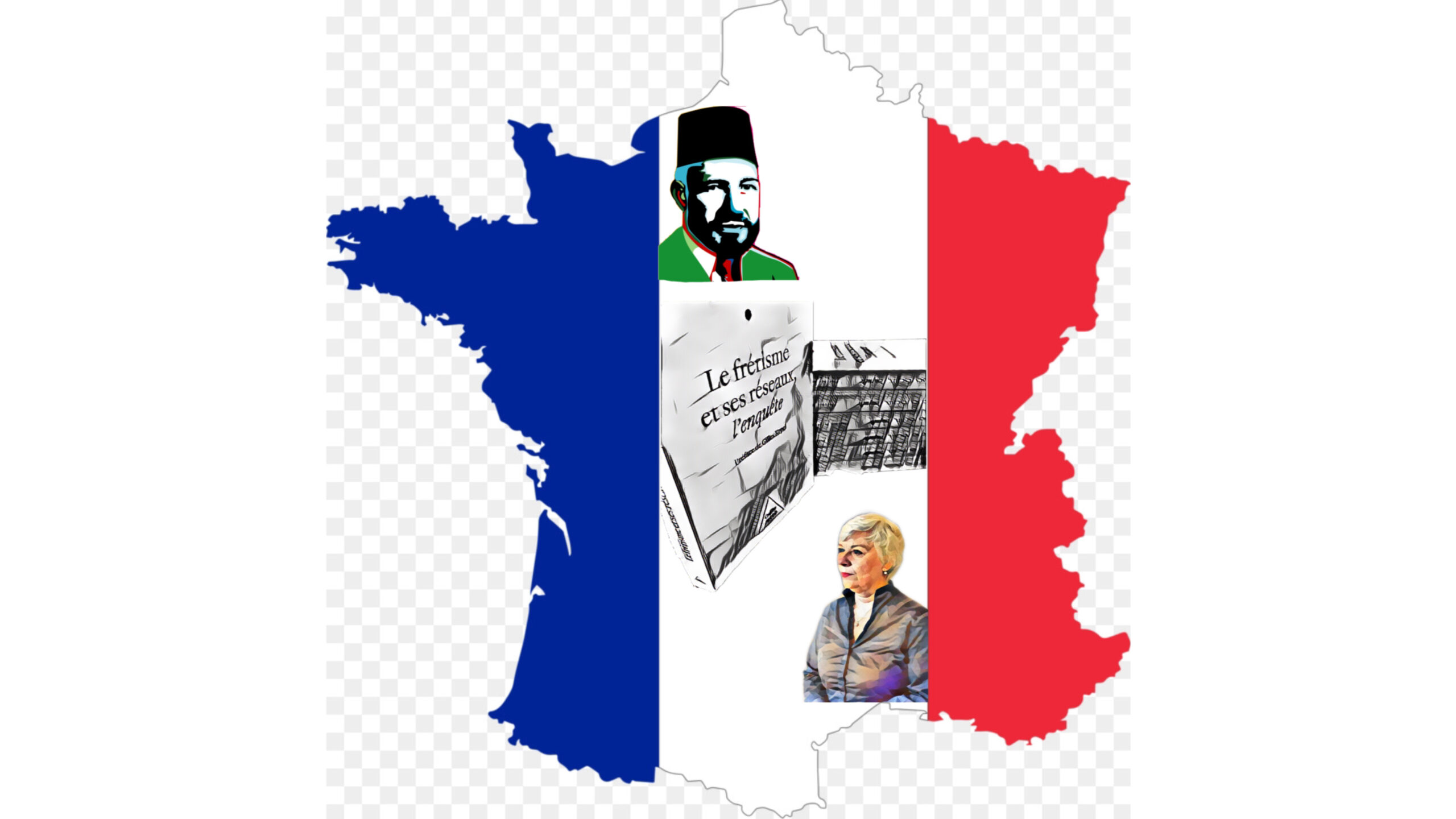In a study published in December 2021, nine of ten schools surveyed in Berlin’s migrant-rich Neukölln district reported regular incidents of religiously motivated bullying or oppression of girls (Source). The recently re-elected government of Berlin consisting of Social Democrats (SPD), Green Party and the far-left Die Linke party, has had Greens and Linke members speak out against the study, condemning it as anti-Muslim. Beyond the study, the controversy lies in the role of the ‘Observatory for Confrontational Religious Expression’ that funded the study.
Despite initial reservations, the observatory was set up with the approval by the Federal Ministry for Family Affairs, Senior Citizens, Women and Youth of an application made by the Neukölln district office to monitor “confrontational expressions of religion” (Source). The project will be managed by the Association for Democracy and Diversity (DeVi) that has – to date – trained more than 60 teachers in over 30 Berlin schools to allow them to act as counsellors in matters of ideological and religious diversity with a focus on Islam . The organisation defines confrontational religious expression as “religious practices as well as religiously connoted (everyday) behaviours, which are lived out and acted out in schools and in public, and that aim to attract attention, want to provoke, humiliate and/or establish dominance” (Source). The goal of DeVi in training school staff is to assess the severity of the issue of confrontational religious behaviours by “documenting the incidents and, in particular, by supporting schools in dealing with incidents” (Source).
The observatory’s budget has been secured until the end of 2021. Additional funding for the project is not yet guaranteed with support for more funding varying considerably among the parties in the Berlin senate.

The study concerning religiously motivated aggressions in Neukölln schools, produced by DeVi after being commissioned by Germany’s Federal Ministry for Family Affairs, consists of interviews with headmasters, social workers, and educators. All the schools surveyed (except one) are located in increasingly socially segregated catchment areas. Well over 90 per cent of the children come from families with a non-German language of origin and were mostly Muslim (Source).
According to the study, inequality among students as well as religiously based humiliation “often occur in schools where the parents hold very conservative interpretations of Islam and/or attend mosques that have been or are being monitored by the Office for the Protection of the Constitution” (Source). Reaching the parents of the students in question for discussions or seeking their participation in the school policies, also proved difficult according to the authors of the study.
A youth welfare institution in Neukölln interviewed for the study claimed that there is “pressure that you have to fast if you want to be a proper Muslim. That you should then wear a headscarf” (Source). Girls are particularly faced with greater restrictions when it comes to participating in the school activities: “We see schools where girls are not allowed to take part in sex education and swimming lessons. They are not allowed to obtain their cycling license. And the issue is not really discussed” (Source).

Berlin’s governing parties were split in their reactions to the study’s findings. The Vice Chair of the SPD’s faction, Tom Schreiber, accepted the results of the study and emphasised the need for more state control at Koranic schools: “It cannot be the case that some pupils are being taught the opposite of what they learn at school on the weekends” (Source). Susanna Kahlenfeld of the coalition partner Green Party and Chairwoman of the Committee for Civic Engagement and Participation in the Berlin House of Representatives criticised the framing of the study in its focus on religion: “Instead of offering teachers help when students behave provocatively, the aim is solely to present religion itself as a problem” (Source). The Chair of the faction of the Linke party, Ahmed Abed, went a step further, referring to the observatory project itself as “anti-Muslim” (Source), and called for stopping its funding while claiming that “almost any kind of Muslim life in schools is seen as a potential problem of radicalisation” (Source).
On the side of the opposition in the Berlin Senate, its leader and head of the Christian Democrat’s (CDU) faction, Kai Wegner, saw cause for concern: “A fundamentalist understanding of religion that threatens the free development of Muslim girls in particular must not be allowed to gain a foothold in our schools” (Source). Taking up a more provocative position was the Chair of the faction of the right-wing Alternative für Deutschland (AfD), Thorsten Weiß: “Pupils must not be forced to conform to the pressure of religious zealots. Integration must be demanded more strongly.” He followed up by commenting on the precarious funding situation of the observatory that this is “part of the prevailing culture of misunderstood tolerance” (Source).
Religious voices in Berlin confirmed the issue. Taha Sabri, imam at Berlin’s most visited mosque, Dar-as-Salam in Neukölln, declared in the local daily, “Berliner Zeitung”, that “religiously motivated mobbing is on the rise” confirming that Muslim children increasingly “pigeonhole ‘like good Muslim, bad infidel’” (Source). Berlin-based rabbi Yehuda Teichtal confirmed this assertion. He arrived in Germany from New York some 22 years ago and commented in the “Berliner Morgenpost” that “Never before have I had to advise worried families as often as in the past months” referring to antisemitic acts, including “verbal abuse, insults and serious threats” (Source).
Meanwhile, Neukölln’s mayor, Martin Hikel of the SPD, acknowledged the problem while also distancing it from the focus on Islam. He nevertheless emphasised the problematic outcome of an overly dominant view casting aside alternative, less prevalent positions: “Again and again we received cries for help from educational institutions because certain interpretations of religion allow no leeway, no tolerance for other opinions or even for scientific knowledge” (Source). He concluded, “When religious dogmas and prohibitions establish a sense of values that leaves no room for otherness, one must remember that peaceful diversity presupposes freedom” (Source).





